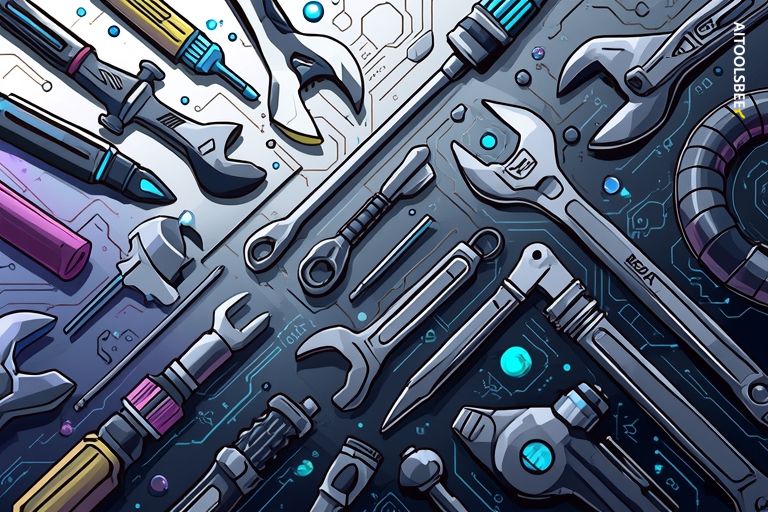
Microsoft Identifies AI-Safe Jobs in Recent Study
A recent study by Microsoft presents a realistic yet hopeful perspective on the future of employment in an era where generative artificial intelligence is transforming industries from finance to creative fields. By analyzing over 200,000 interactions with its AI tool Copilot, the tech giant identified occupations with minimal overlap with AI capabilities, highlighting roles that remain predominantly human. These 'AI-safe' jobs often require physical dexterity, interpersonal skills, or unpredictable real-world variables that current generative models find challenging to replicate. According to a report from News18, the top 10 such professions include embalmers, painters, and roofers, demanding hands-on expertise beyond algorithmic prediction.
The study's methodology is notably rigorous, utilizing real-world data on AI application in workplaces. Microsoft researchers evaluated occupations based on 'AI applicability,' assessing how well generative tools like Copilot could assist or automate tasks. Jobs scoring low on this metric, such as dishwashers and phlebotomists, underscore AI's limitations in environments requiring tactile precision or immediate human judgment. For example, a phlebotomist must carefully navigate veins, adapting to patient anxiety in ways no AI can currently mimic.
Hands-On Trades Dominate the Safe List
Expanding on this, Microsoft's findings align with broader industry analyses. A CNBC breakdown highlights plumbers and auto mechanics as ranking high among safe professions, as these trades involve diagnosing irregular problems in physical systems—such as leaky pipes or engine quirks—that defy the pattern-based learning of generative AI. Ravin Jesuthasan, a future-of-work expert quoted in the piece, emphasizes that 'we're a long way from a machine replacing me as a plumber,' underscoring the irreplaceable value of experiential knowledge.
In contrast, the study identifies knowledge-heavy roles like writers and translators as highly exposed, with AI overlap exceeding 70% in some cases. This dichotomy is echoed in a Forbes analysis, warning that while automation may boost productivity in office settings, it could displace up to 300 million jobs globally, according to Goldman Sachs estimates shared on platforms like X.
Broader Implications for Workforce Strategy
Further insights from industry observers on X reveal a growing sentiment that AI will 'supercharge' only about 25% of roles while rendering others obsolete. Mario Nawfal's thread highlights safe jobs like roofers and dishwashers, contrasting them with at-risk professions like historians and DJs, based on Microsoft's data. This resonates with a Fox News report on the study, noting writers and travel clerks face the highest AI impact, derived from Copilot usage patterns.
For industry insiders, the strategic takeaway is clear: upskilling in hybrid roles that blend human intuition with AI tools could mitigate risks. A McKinsey report from 2023, referenced in ongoing discussions on X, projects generative AI adding trillions to the global economy through productivity gains, but only if workers adapt. Microsoft's own tools, like those in Google Workspace alternatives, are already being used to enhance efficiency in safer domains, as per a Google Blog entry on similar AI integrations.
Navigating Uncertainty in AI’s Shadow
Yet, the study's revelations prompt questions about equity. Entry-level positions in software engineering have seen a 20% employment drop since 2022, according to Perplexity AI insights shared on X, disproportionately affecting younger workers like Gen Z. Fortune's coverage, in a July 2025 article, warns that even teaching roles—once considered secure—now show moderate AI exposure, challenging assumptions about 'safe' careers.
Looking ahead, experts like those at NC Commerce, in a 2024 piece on generative AI’s workforce effects, stress the need for policy interventions to support transitions. As AI evolves, roles like embalmers (preserving bodies with cultural sensitivity) or painters (applying finishes in variable conditions) may evolve but won’t vanish. The Microsoft study, amplified across platforms, serves as a roadmap: while AI disrupts, it also spotlights enduring human strengths in an increasingly automated world.

Highlights how AI enhances productivity and transforms creativity
through a user-centered perspective.

